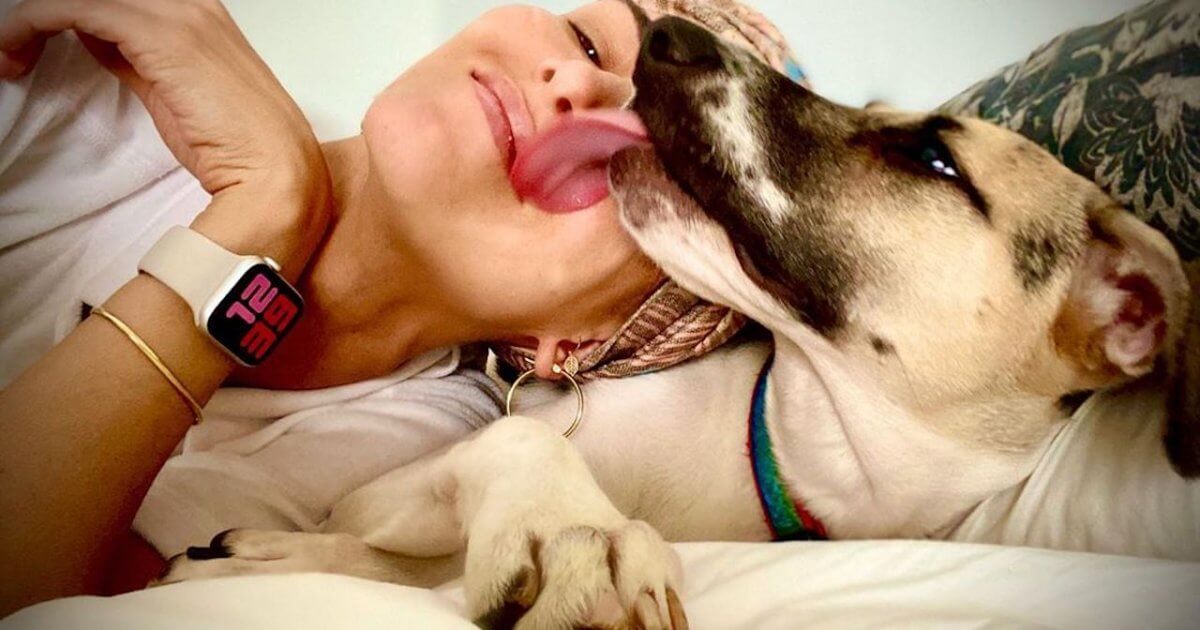Reunited and It Feels So Good
- A woman and her pet dog were recently reunited after she completed 40 days of cancer treatment; a video of their reunion has gone viral online.
- Many people with mental or physical health issues, including cancer, use therapy dogs.
- Cancer therapy dogs provide comfort and positivity and help ease a person's anxiety when going through cancer treatment.
This reunion between the woman, Maria, and her four-legged friend is a great reminder of the ways pets can provide emotional support through a health battle.
Read MoreView this post on Instagram
Tearful Reunion & Dogs Through Cancer
Maria is one of the countless people battling cancer who look to their pets for emotional support. Some people even rely on dogs as cancer therapy dogs through their diagnosis and treatment.
Cancer therapy dogs are trained to help people with cancer feel better emotionally and physically. A cancer therapy dog helps a person going through cancer treatment by reducing anxiety and lifting a person's mood. In short, cancer therapy dogs primarily provide comfort and support through cancer.
Studies show that spending time with dogs lowers a person's blood pressure and the stress hormone, cortisol. Therapy dogs may help with pain management, too, as time with dogs can trigger a release of endorphins which mitigate pain and discomfort.
Pet Therapy Can Really Help During Cancer Treatment: "It Takes Me Out of My World"
How Can Dogs Help?
Anecdotal evidence from SurvivorNet's experts says that having a positive mood through cancer can benefit treatment. And scientific evidence around depression and cancer show that treating depression positively impacts cancer treatment. This is where aids like cancer therapy dogs can play a tremendous role. However, for more severe cases of anxiety and depression, speak to a psychologist before pursuing treatment or support from a furry friend.
Jane Kopelman, who heads up Memorial Sloan Kettering Cancer Center's Caring Canine Program, said during a previous interview that they're hoping to get more pups involved in the program because patients request them so often.
"What most patients say, and studies have proven, is that the dogs reduce anxiety, reduce depression, and they give people a sense of hopethey often motivate people," Kopelman said. "Patients have said that they were so eager to have the dogs come that it motivated them to get up."
The dogs can visit patients who are in the hospital after undergoing surgery and also visit outpatient locations where patients may be undergoing treatment like chemotherapy.
If you're interested in pursuing a cancer therapy dog, speak with your doctor about next steps, or an oncological social worker or organizations to connect with that train these types of dogs. Note that waiting lists for service dogs tend to be long and their training period is long, too, so time is of the essence if you wish to get a service dog.
The Value of Using a Social Worker During Treatment
Learn more about SurvivorNet's rigorous medical review process.

